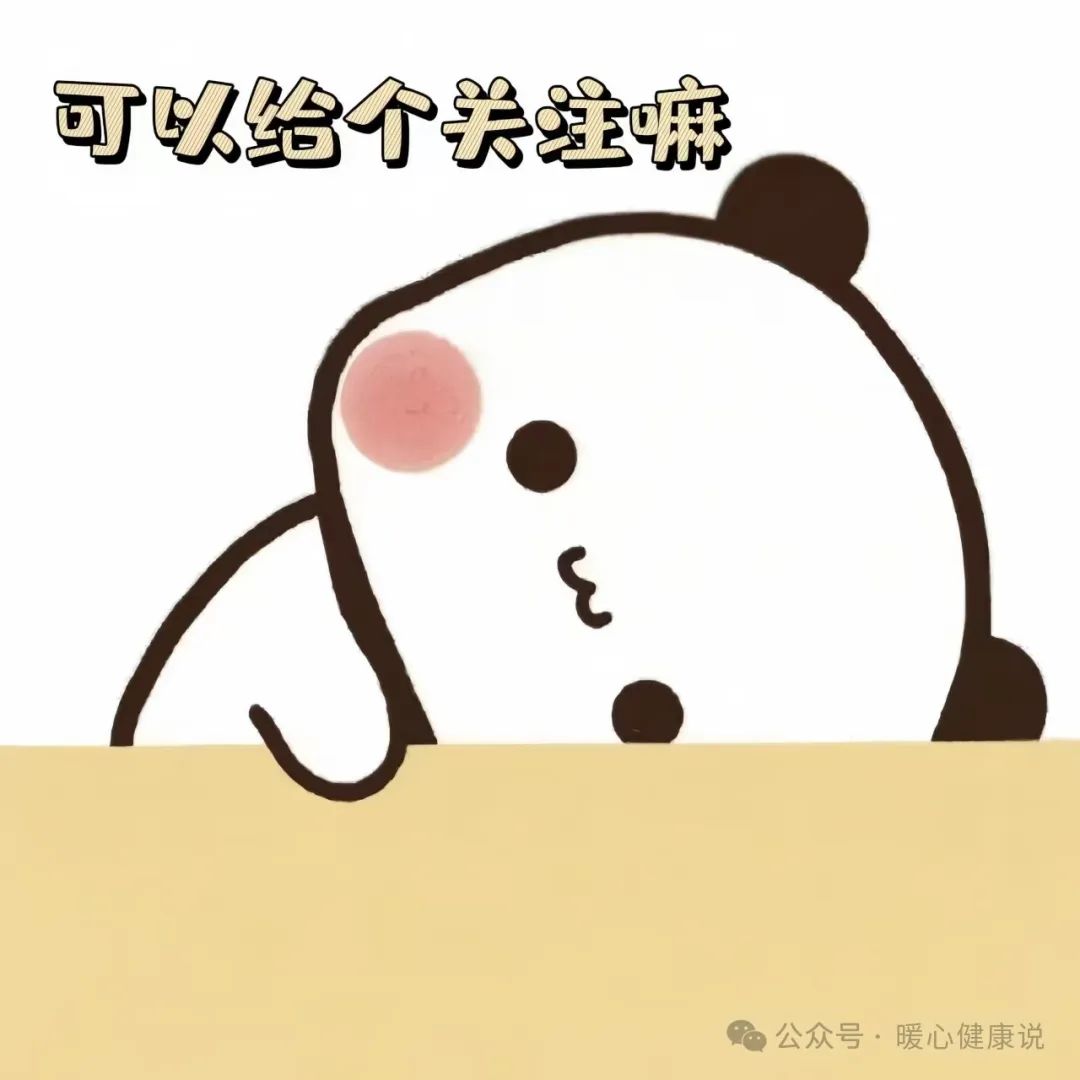Why did ancient people live to be a hundred without illness? The Huangdi Neijing reveals the five health principles that modern people have missed!
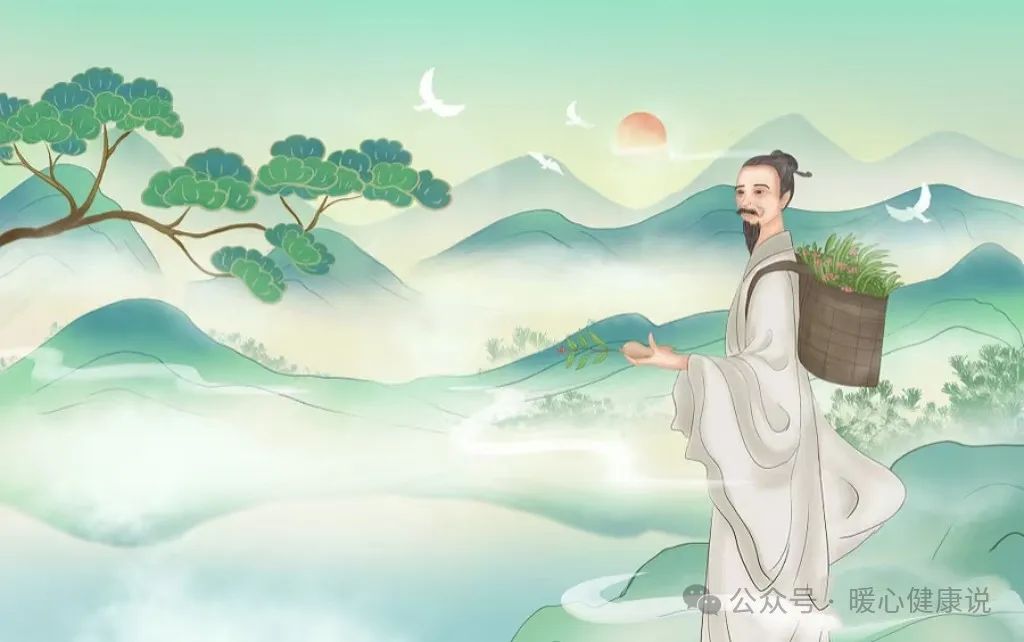
Are you also troubled by health issues such as hypertension, joint pain, and insomnia? Despite the advancements in modern medicine, these conditions still frequently appear in our lives. However, many ancient people, without today’s advanced medical technology, managed to live to a hundred with few ailments. The Huangdi Neijing once recorded: “In ancient times, people lived to be a hundred in both spring and autumn.” In stark contrast, 75% of seniors over 60 today suffer from chronic diseases. Perhaps the health wisdom passed down from ancient times is the key that we are currently missing.
Today, let us delve into the five health principles from the Huangdi Neijing to find the key to a healthy life and step towards a better state of living together!
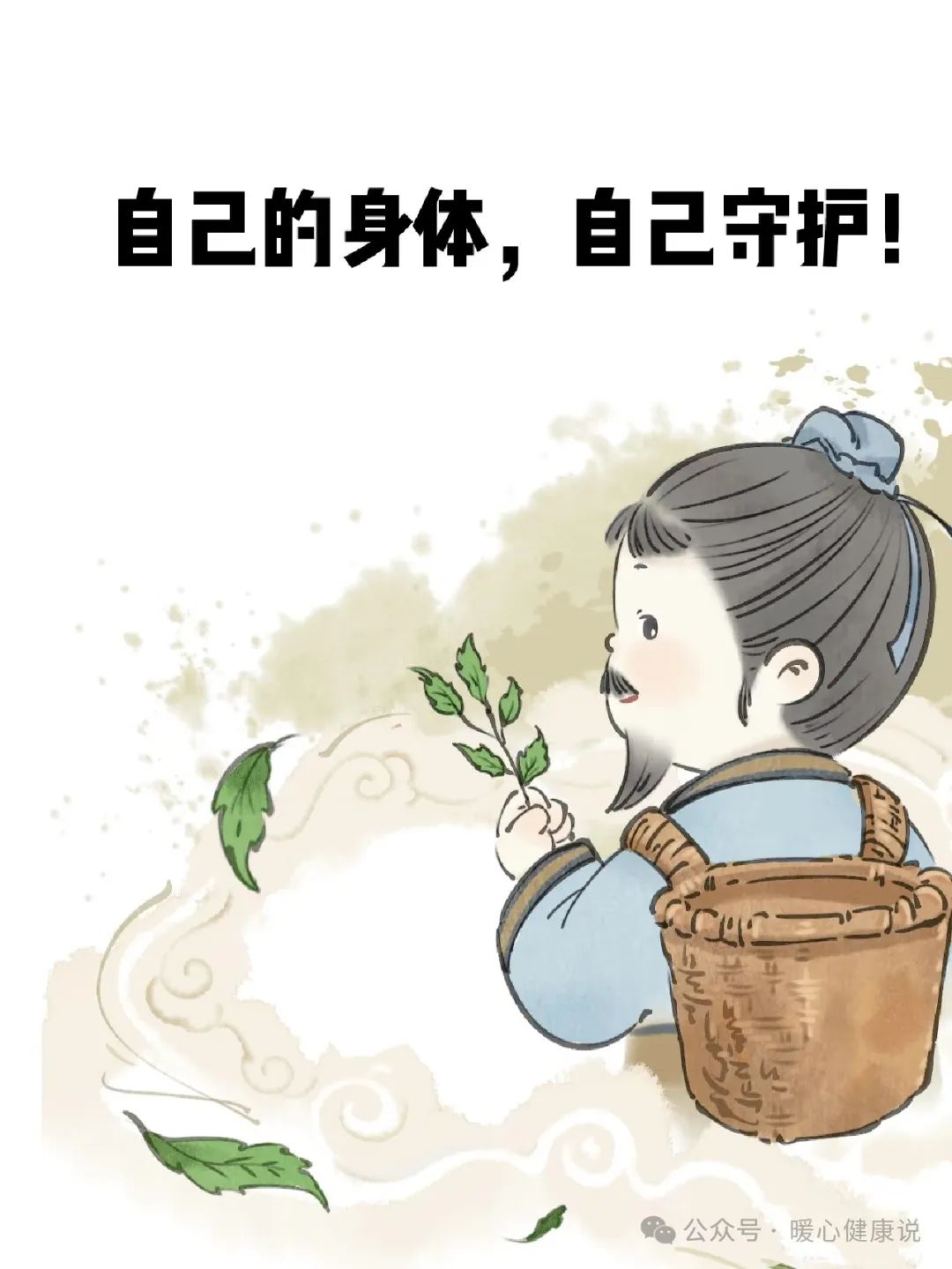
Principle One: Follow the Four Seasons, Maintain Regularity in Daily Life
Ancient Wisdom: Align with natural rhythms and harmonize daily routines: The ancients adhered to the concept of “Heaven and Man as One,” firmly believing that the human body is closely connected to the changes in nature. The Huangdi Neijing clearly states, “Nurture Yang in spring and summer, and nurture Yin in autumn and winter”, emphasizing that we should adjust our daily routines according to the changing seasons to maintain the health balance of our bodies.
Modern Misconception: Going against natural laws harms health: In modern society, the pace of life is accelerating, and many people have developed the bad habit of staying up late, leading to irregular routines that completely deviate from natural rhythms. Unable to sleep on time at night and struggling to get up in the morning, the body remains in a state of “going against nature,” which undoubtedly leads to a significant decline in immunity, hormonal imbalances, and may even trigger various chronic diseases.
Practical Advice: Seasonal Routine Guidelines
Spring: Go to bed early and rise early, actively following the rising Yang energy, suitable for morning exercises to promote metabolism.
Summer: Sleep late and rise early, but maintain the habit of napping, while avoiding excessive sweating to prevent depletion of body fluids.
Autumn: Go to bed early and rise early, conserve internal Yang energy, and add clothing in accordance with temperature changes to stay warm.
Winter: Go to bed early and rise late, avoid the cold as much as possible, keep warm, and reduce intense exercise to conserve energy.
❤️Tip❤️
There are no shortcuts to health; persistence is key! Start adjusting your routine today, align with natural laws, and let health gradually return.
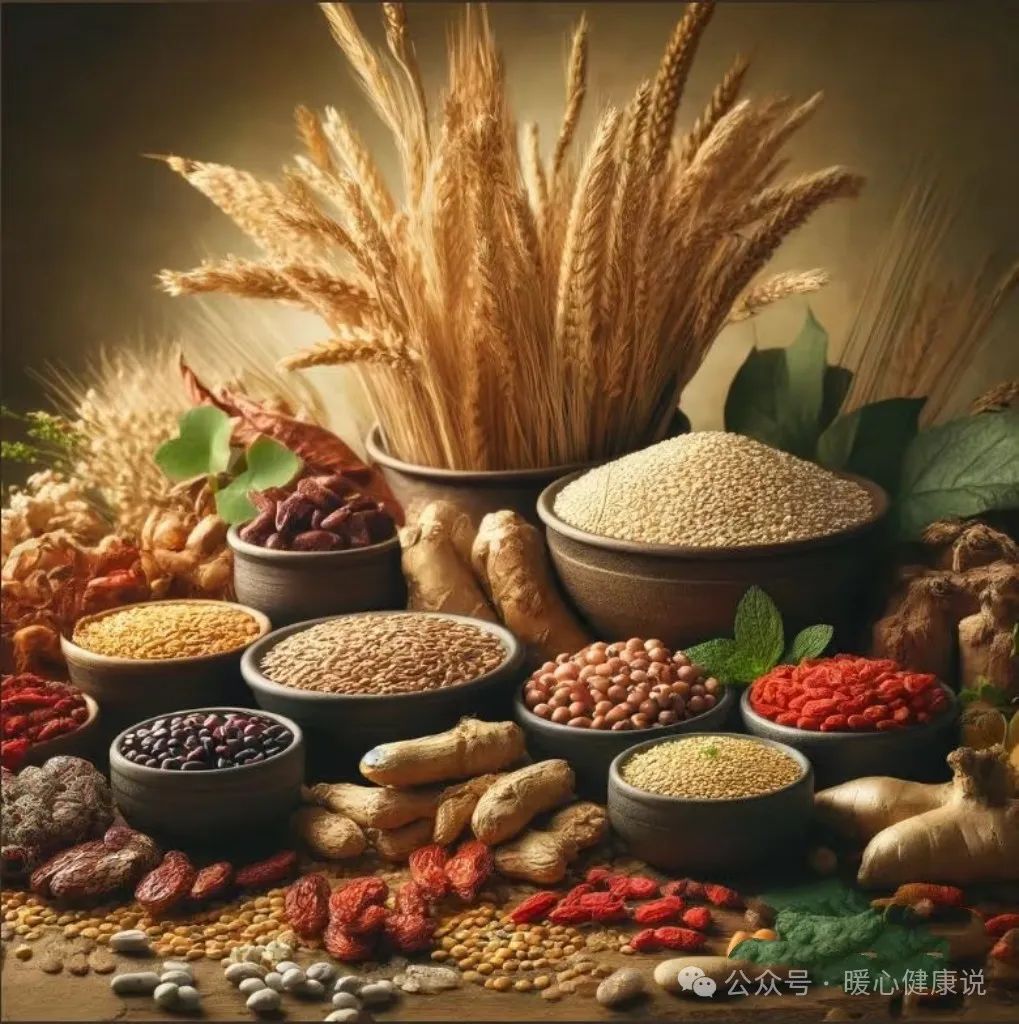
Principle Two: Moderate Diet, Harmonize the Five Flavors
Ancient Wisdom: Diet in moderation, harmonize the five flavors
The ancients emphasized “Grains nourish, fruits assist, livestock benefit, and vegetables enrich”, clearly indicating that diet should pursue balanced combinations, with the five flavors of sour, bitter, sweet, spicy, and salty needing to harmonize with each other. Only in this way can the body receive sufficient nourishment and maintain good physiological functions.
Modern Misconception: Imbalanced diet structure, health crises abound: In modern society, people’s dietary structures are often severely imbalanced, with excessive reliance on processed foods and a diet high in fat, salt, and sugar being extremely common. This directly leads to the high incidence of chronic diseases such as obesity and diabetes, posing a significant threat to people’s health.
Practical Advice: Three Steps to a Healthy Diet
1. Eat more whole grains: Foods like millet, oats, and brown rice are excellent choices, rich in dietary fiber and various nutrients, helping to promote intestinal peristalsis and maintain body health.
2. Ensure fruit and vegetable intake: Ensure adequate daily intake of fruits and vegetables to guarantee a balanced intake of vitamins and minerals, providing sufficient nutritional support for the body.
3. Recommended Health Recipe:
👉Red Date and Goji Berry Porridge
☆Effect: It has significant effects of nourishing Qi and blood, and tonifying the spleen and stomach, suitable for people of all ages.
☆Method: Wash red dates, goji berries, and rice separately, put them in a pot, add an appropriate amount of water, and cook until the ingredients are soft. This porridge is simple to make, delicious, and a healthful dish for the whole family.
❤️Tip❤️: Health should start with every meal at the dining table. Try gradually reducing the intake of processed foods, and choose natural, healthy ingredients to let our diet return to nature, laying a solid foundation for health.
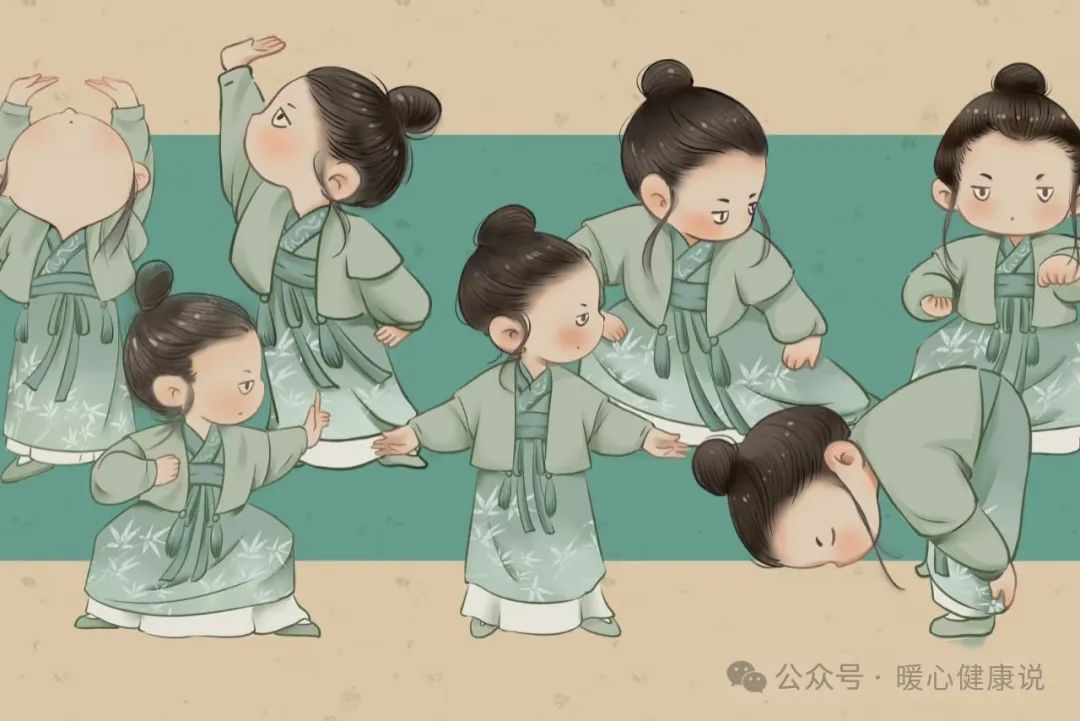
Principle Three: Combine Movement and Stillness, Exercise Moderately
Ancient Wisdom: Balance movement and stillness, grasp the scale of exercise
The ancients advocated “Labor the body without fatigue”, believing that exercise must be moderate; both excessive fatigue and prolonged inactivity can harm health. Only by finding a balance between movement and stillness can one achieve the goal of strengthening the body.
Modern Misconception: Improper exercise methods harm health
Modern people either sit for long periods or over-exercise, leading to body imbalances that can cause joint wear, muscle strains, and other issues, putting health at risk.
Practical Advice: Exercise Guidelines for Middle-aged and Elderly People
Recommended Exercise Activities
☆👉Tai Chi: Gentle and smooth movements not only regulate Qi and blood but also enhance body flexibility and balance, making it very suitable for middle-aged and elderly people to practice.
☆👉Ba Duan Jin (Eight Pieces of Brocade): Simple and easy to learn, not limited by space or time, can be practiced anytime and anywhere, with significant effects on strengthening the body.
☆👉Exercise Duration: Aim for about 30 minutes of exercise daily, enough to break a light sweat, avoiding excessive fatigue, allowing the body to receive moderate exercise and relaxation.
❤️Tip❤️ Exercise is the cornerstone of maintaining health, but the key is moderation. Starting today, try to set aside some time each day for exercise, allowing your body to regain vitality and shine with health.
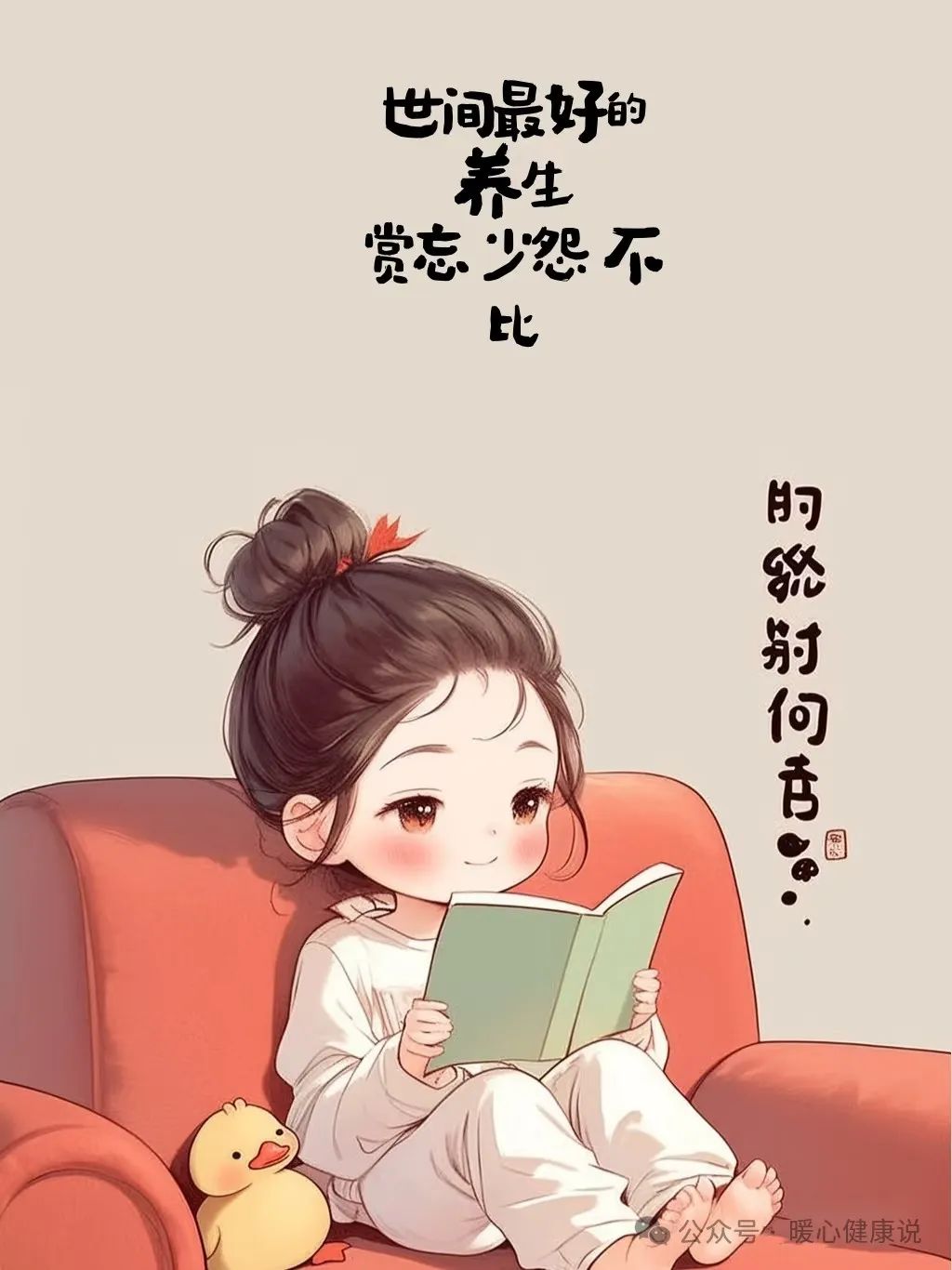
Principle Four: Emotional Regulation, Maintain a Peaceful Mindset
Ancient Wisdom: Emphasize emotional regulation, protect inner peace
The ancients deeply understood that “All diseases arise from Qi”, and emotions significantly impact health. The Huangdi Neijing mentions “Anger harms the liver, joy harms the heart, worry harms the spleen, grief harms the lungs, and fear harms the kidneys”, vividly illustrating the close connection between emotions and various organs in the body.
Modern Misconception: Uncontrolled emotional management, numerous health risks
Modern life is filled with various pressures, and people’s emotional fluctuations are frequent, with anxiety and depression becoming increasingly common. These negative emotions not only affect mental health but can also directly harm physical health, potentially triggering various chronic diseases.
Practical Advice: Three Treasures for Emotional Regulation
1. Meditate for 10 minutes daily: Relax the body and mind, relieve stress.
2. Learn the wisdom of traditional Chinese culture: Such as the Dao De Jing‘s Wu Wei (non-action), which helps regulate emotions and maintain a balanced mindset.
3. Communicate more with family and friends: Release stress, share joy, and let emotions find an outlet.
❤️Tip❤️
Emotions are the barometer of health! Try to set aside some time each day for yourself, relax your mind, and let your body and mind return to peace.
